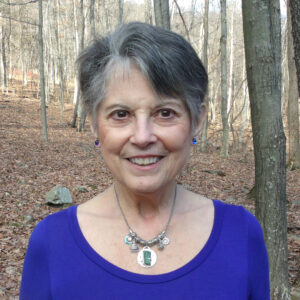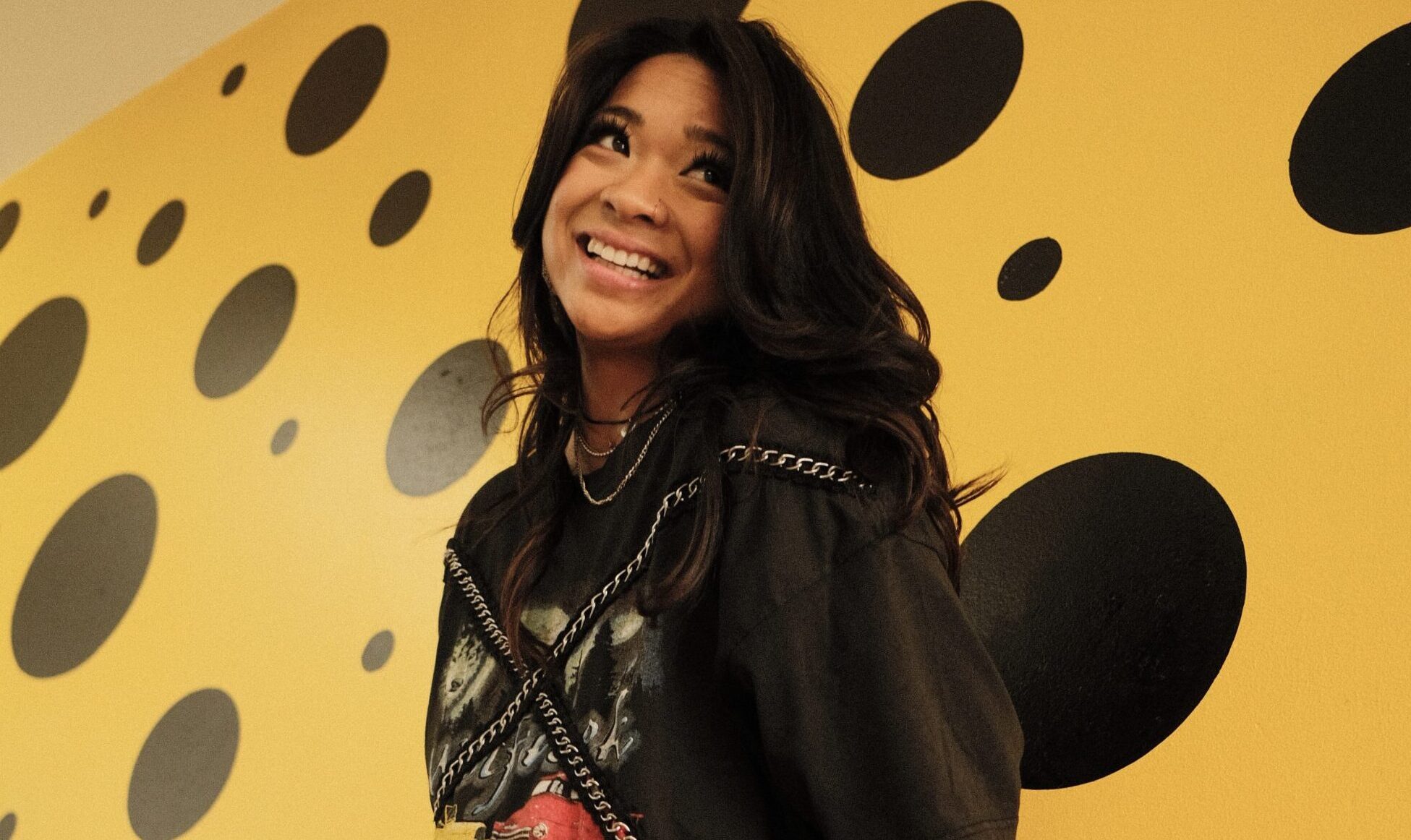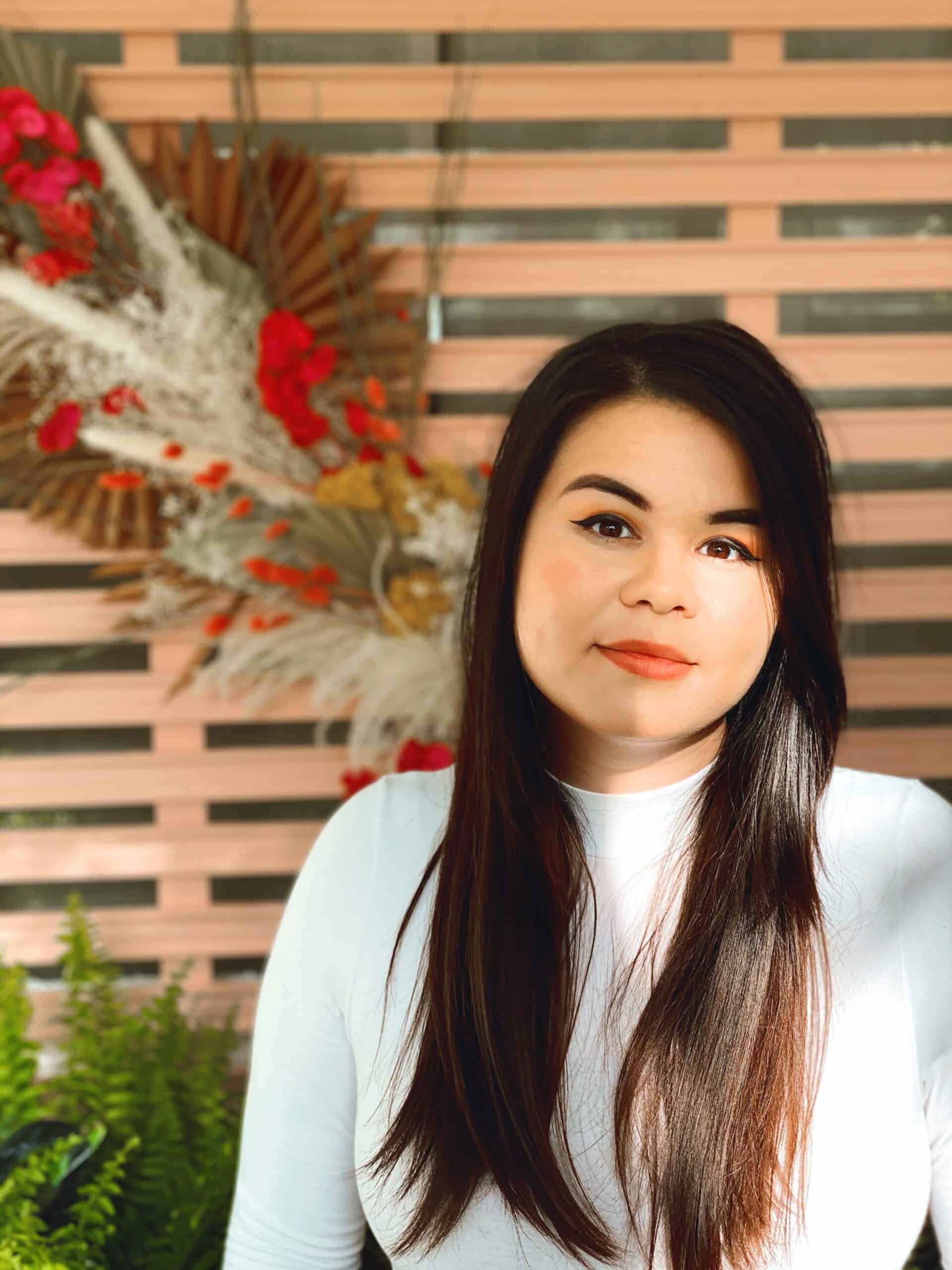In the world of storytelling, Carmen Norris stands out for her fearless exploration of the darker facets of human nature. In her latest book, The Offer, Carmen delves into a realm where moral clarity fades, leaving behind complex characters who grapple with their own shadows. Her writing not only challenges readers to confront their own moral ambiguities but also offers a deeply personal reflection of her own journey through self-doubt and discovery. With a unique blend of introspection and raw honesty, Carmen’s work encourages us all to examine our own limits and the stories we tell ourselves. Join us as we dive into a conversation with Carmen Norris about the themes of self-reflection, the challenges of writing complex characters, and the profound impact of storytelling on our understanding of human nature.
- What inspired you to write “The Offer,” and how does it reflect your personal experiences or perspectives?
I wanted to write a story where no one was truly good. It’s always been fun for me to skip past the morally grey and have everyone be dark and messed up on some level.
- Can you elaborate on the themes of self-reflection and moral ambiguity in your book? How do you hope readers will engage with these themes?
There are times when characters will be honest with themselves and acknowledge that they’re doing the right thing for the wrong or selfish reason. I hope that it gets readers to think about how they’d be willing to cross lines they otherwise wouldn’t for the sake of something important to them. I want this story to get readers to see the morally grey party’s of themselves
- What challenges did you face while writing a story that explores the darker aspects of human nature?

It was hard at times to strike a balance between showing the lighter side of a characters life after they’ve come from dealing with an awful experience. How would someone act? Would their family notice? What’s each dynamic? I had to deal with all of that throughout multiple points of view and it was one of the tough parts of showing all that they were going up against.
- What was the most difficult part of the writing process for you, and how did you overcome it?
Knowing when it was ready for me to send it off to editors and let it go. I spent years working on this story and it was probably ready a year or so ago but I had to defeat that ugly bug named Imposter Syndrome first.
- Can you share any insights or advice you have for aspiring writers who want to tackle similar themes in their work?
Read up on people who have gone through those situations. Also read stories by people close to them. What was it like for the people on the volunteer committee searching for them? How did you get siblings probably who felt helpless react? Then without going into a full on info dump think of how to show that in your story.
- What role does mental health play in your writing process, and how do you manage it while working on a project?
Right now I’m going through a very hefty checklist of things so that I can get caught up and then work on my next project. If I were to start on the project before completing my list I wouldn’t be able to properly focus. One thing I’ve learned about my mental health is that I shouldn’t try to fight what feels most natural when it comes to taking care of myself mentally.
- How did you cope with any self-doubt or challenges during the creation of your debut book?
After months of putting my story aside I printed out my book and read it. I ‘forgot’ what I wrote so when I read it there was a moment when I realized I was several chapters in and almost forgot it was something I created and not someone else. That helped solidify that I wrote the book I’d want to read and I was happy with that.
- How do you balance your personal life with the demands of being a writer, especially while dealing with intense or challenging content?
I find time to work on it and protect that time. I also have to have an outline so whenever I sit down to write I can dive straight into the story. I also have to set the writing mood with candles, lo-fi music and comfy clothes.
- What advice would you give to other women who are navigating the world of writing and publishing for the first time?
Join groups like 20 books to 50k and Quill and Cup. You will need others who’ve been where you are to cheer you on and tell you were they failed so that you can follow a stronger path.
- How has writing this book impacted your own view of human nature and the stories you wish to tell in the future?
It gets me to want to dig into the human psyche more. I watch more documentaries and videos from experts who talk about the criminal mind. It’s fascinating to explore and I see it all in a brand new way now.
IG and TikTok: @authorcarmennorris
Facebook: https://www.facebook.com/profile.php?id=100090921770419&mibextid=ZbWKwL






